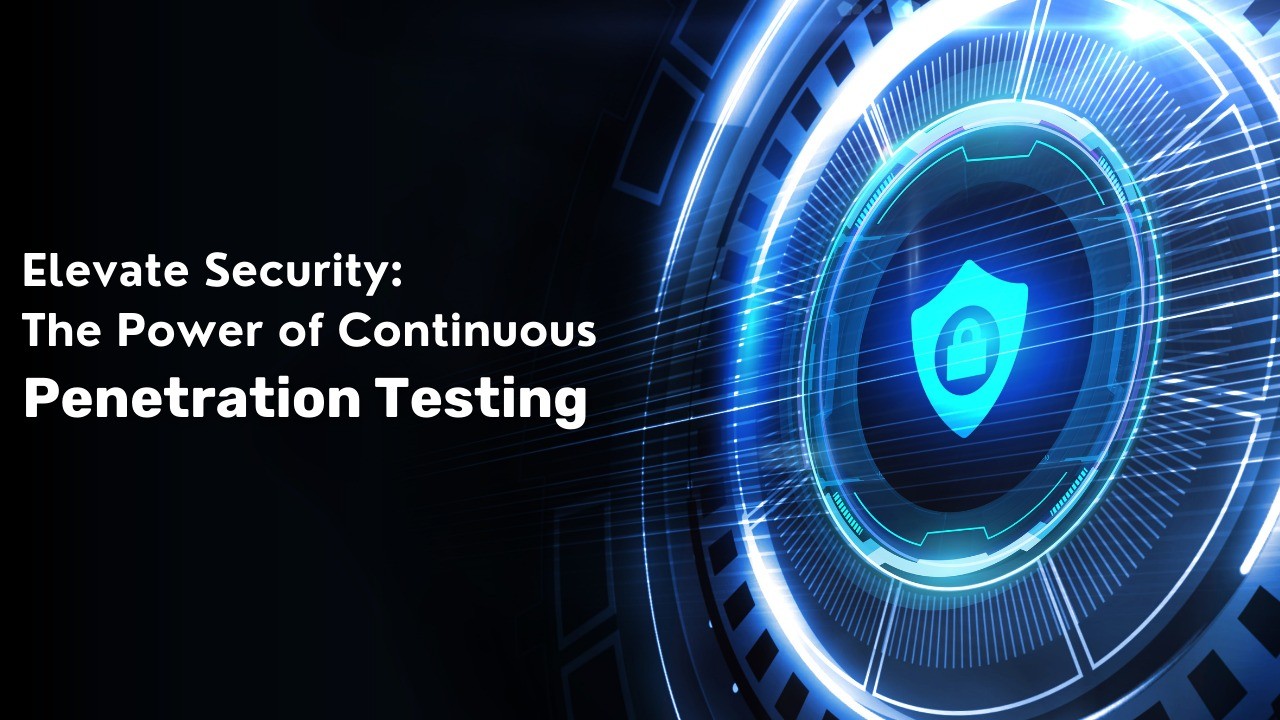Penetration testing, often referred to as ethical hacking, is a critical practice in the realm of cybersecurity. This process involves simulating cyberattacks on systems, networks, or applications to identify vulnerabilities before malicious actors can exploit them. The benefits of penetration testing are multifaceted, offering organizations valuable insights into their security posture, improving their defenses, and ensuring compliance with regulatory standards. This article explores the key benefits of penetration testing, highlighting its importance in maintaining robust cybersecurity measures.
Identifying Vulnerabilities
One of the primary benefits of penetration testing is its ability to uncover vulnerabilities within an organization’s IT infrastructure. Penetration testers use a variety of techniques to simulate real-world attacks, probing systems and applications for weaknesses that could be exploited by hackers. These vulnerabilities may include software bugs, misconfigurations, insecure coding practices, or outdated systems. By identifying these weaknesses, organizations can take proactive measures to address them before they are discovered and exploited by malicious actors. This early detection helps in mitigating risks and enhancing overall security.
Enhancing Security Posture
Penetration testing provides organizations with a comprehensive assessment of their security posture. The results of a penetration test offer a detailed overview of potential security gaps and weaknesses, allowing organizations to prioritize and implement corrective actions. This process not only addresses identified vulnerabilities but also strengthens the organization’s overall security framework. By regularly conducting penetration tests, organizations can continuously improve their security posture, ensuring that their defenses evolve to counter emerging threats and vulnerabilities.
Improving Incident Response
Effective incident response is crucial for minimizing the impact of security breaches. Penetration testing helps organizations assess their incident response capabilities by simulating attack scenarios and evaluating how well their response mechanisms perform. This practice enables organizations to identify gaps in their incident response plans, such as delayed detection, inadequate communication protocols, or insufficient coordination among response teams. By addressing these gaps, organizations can enhance their ability to detect, respond to, and recover from real security incidents, thereby reducing the potential damage and downtime associated with breaches.
Ensuring Compliance
Compliance with industry regulations and standards is a critical aspect of cybersecurity for many organizations. Penetration testing plays a key role in helping organizations meet these compliance requirements. Various regulations and standards, such as the Payment Card Industry Data Security Standard (PCI DSS), the Health Insurance Portability and Accountability Act (HIPAA), and the General Data Protection Regulation (GDPR), mandate regular security assessments and vulnerability testing. Penetration testing provides tangible evidence of an organization’s commitment to maintaining a secure environment, helping to satisfy regulatory requirements and avoid potential penalties or legal consequences.
Protecting Reputation and Trust
An organization’s reputation and customer trust are invaluable assets that can be significantly impacted by security breaches. Penetration testing helps protect these assets by identifying and mitigating vulnerabilities that could lead to data breaches or other security incidents. By demonstrating a proactive approach to cybersecurity, organizations can build and maintain trust with their customers, partners, and stakeholders. A strong security posture reassures clients that their data is protected and that the organization is committed to safeguarding their information, which can enhance customer loyalty and confidence.
Cost-Effective Risk Management
Investing in penetration testing can be a cost-effective strategy for managing cybersecurity risks. While the upfront cost of conducting penetration tests may seem significant, it is often far less expensive than the potential financial and reputational damage resulting from a security breach. Penetration testing helps organizations identify and address vulnerabilities before they can be exploited, reducing the likelihood of costly incidents and mitigating the financial impact of potential breaches. Additionally, by prioritizing remediation efforts based on test results, organizations can allocate resources more effectively and avoid unnecessary expenditures on security measures that may not address critical risks.
Promoting a Security-First Culture
Penetration testing fosters a security-first culture within an organization by raising awareness about cybersecurity risks and the importance of proactive measures. Regular testing and the subsequent analysis of findings encourage employees and management to adopt security best practices and stay vigilant against potential threats. This cultural shift towards prioritizing security helps in creating a more resilient organization, where everyone is aware of their role in maintaining a secure environment and is committed to following security protocols and practices.
Conclusion
Penetration testing offers numerous benefits that are essential for maintaining a strong cybersecurity posture. By identifying vulnerabilities, enhancing security measures, improving incident response, ensuring compliance, protecting reputation, managing costs, and promoting a security-first culture, penetration testing plays a crucial role in safeguarding organizations against cyber threats. Regularly conducting penetration tests allows organizations to stay ahead of potential attackers, address weaknesses before they can be exploited, and ensure that their defenses are robust and effective. In an increasingly complex and hostile cyber landscape, penetration testing is a vital practice for achieving and maintaining cybersecurity resilience.



